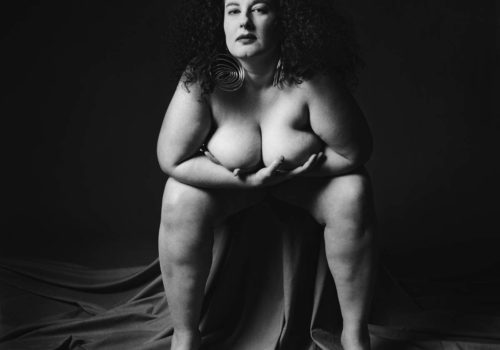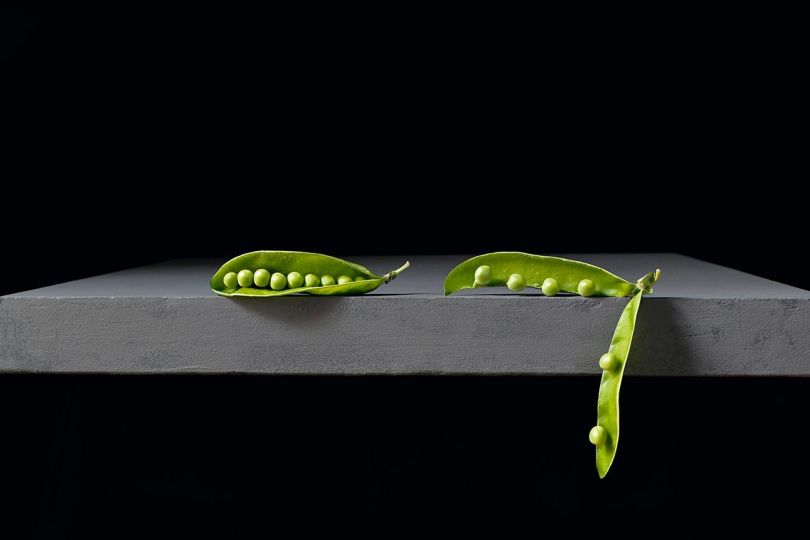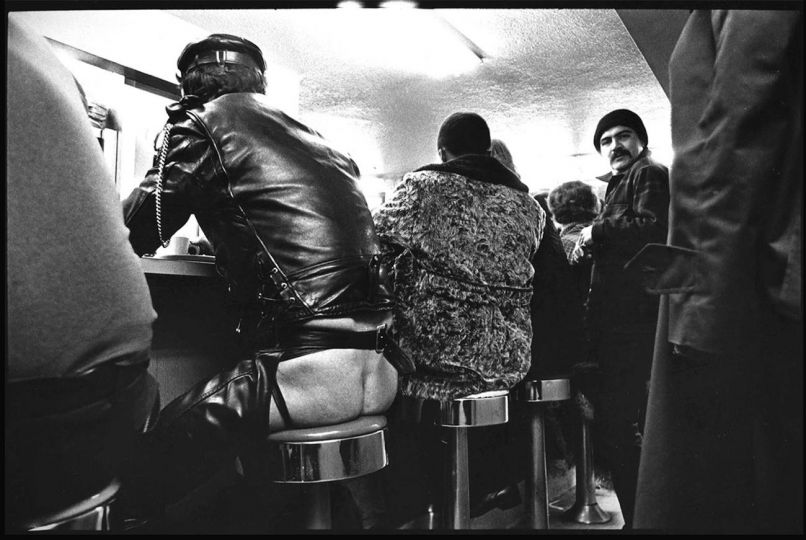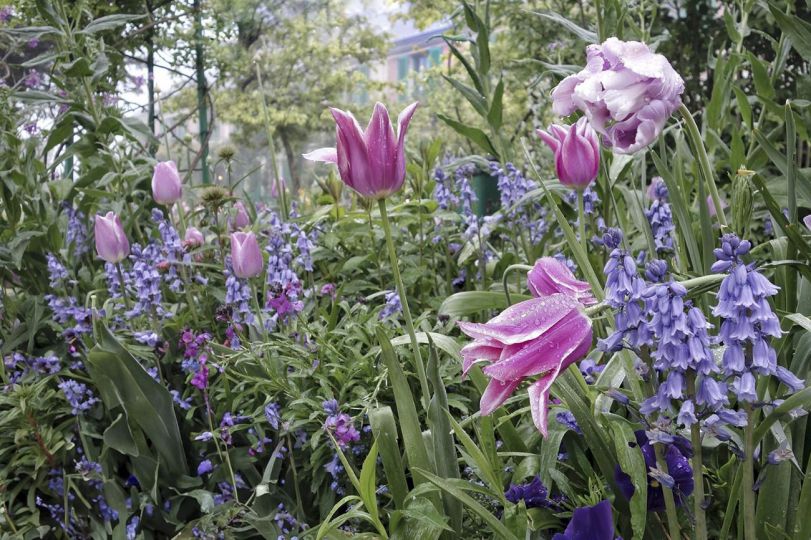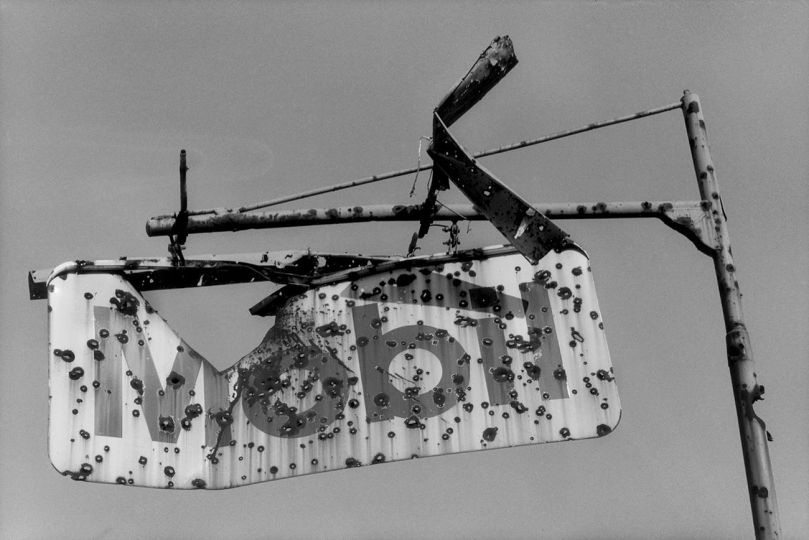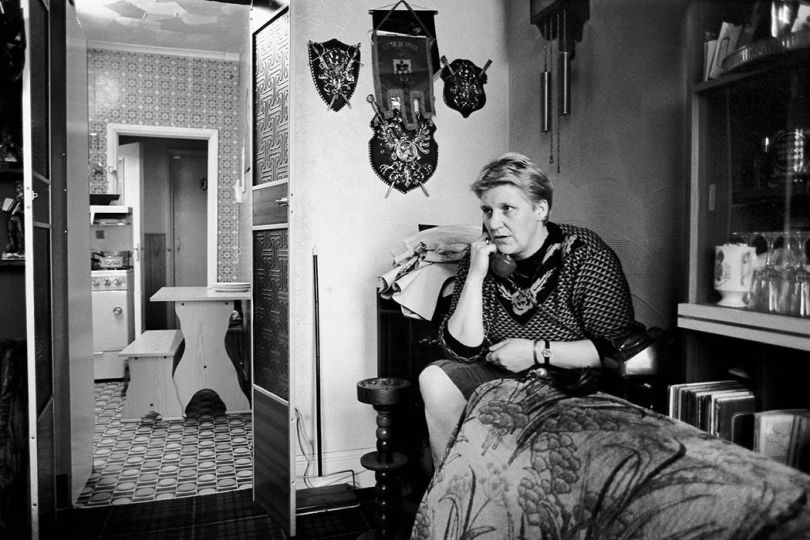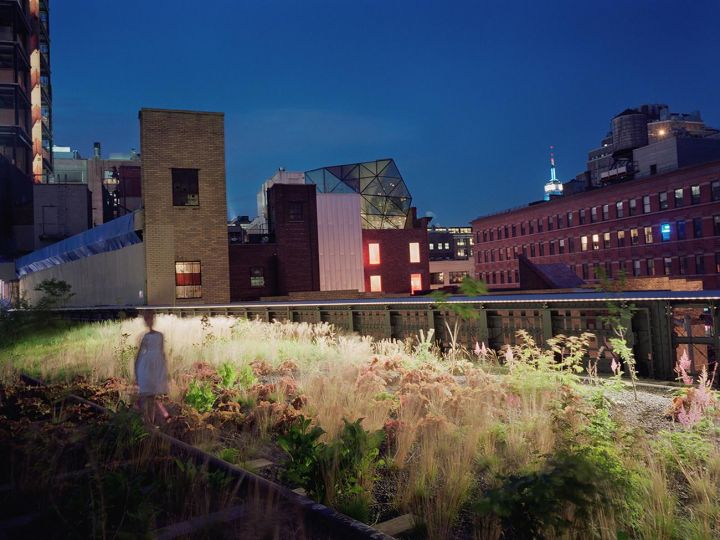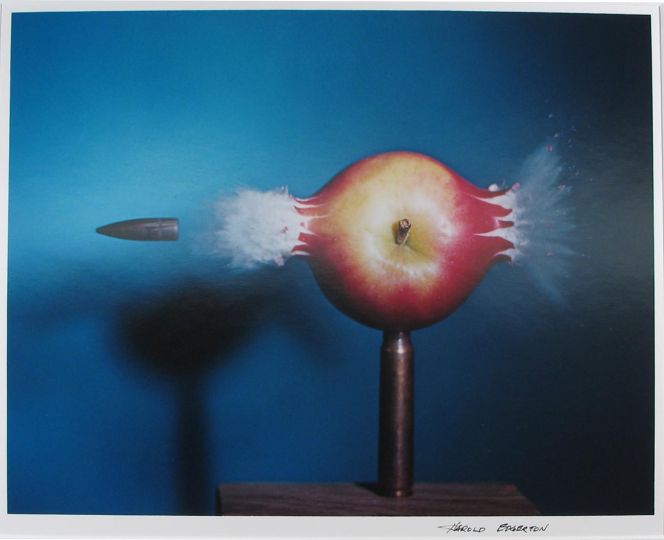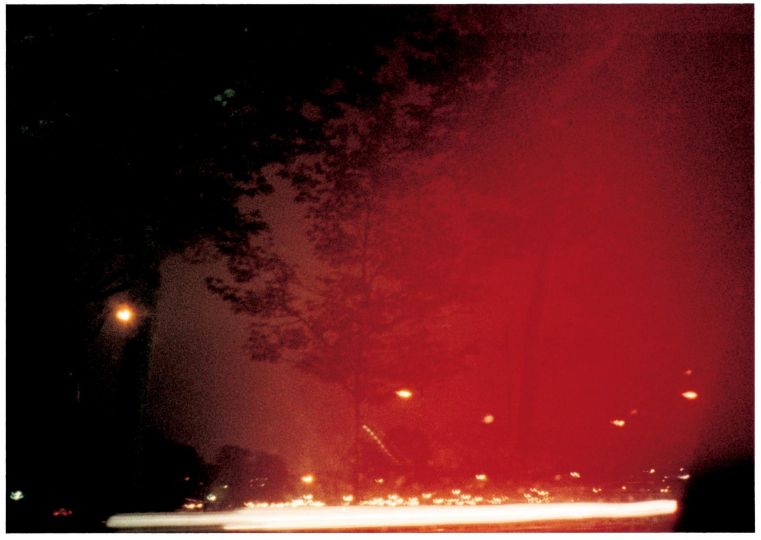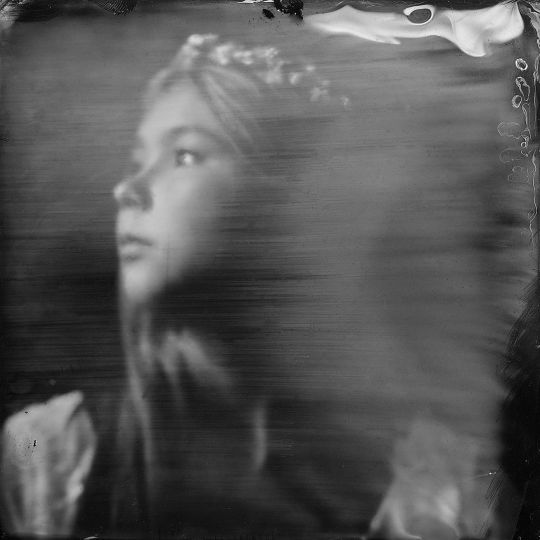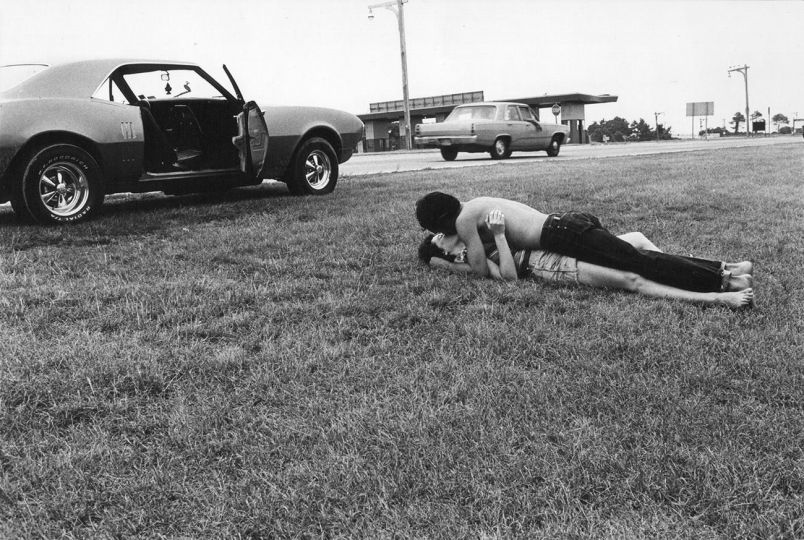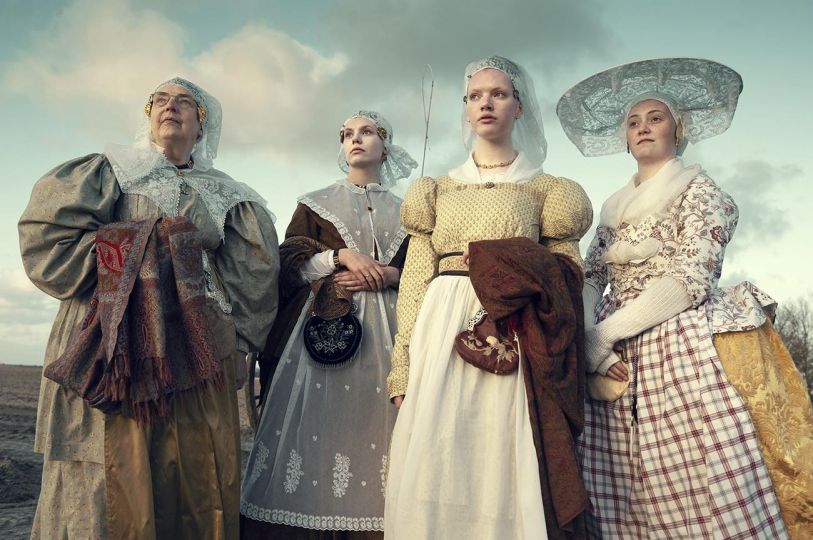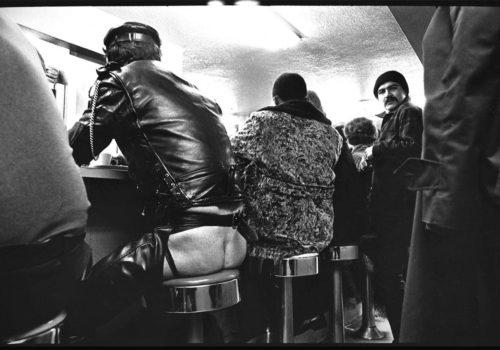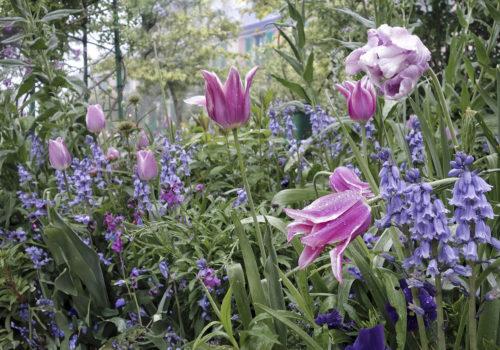Asked why she didn’t photograph mountains or landscapes, Herlinde Koelbl once replied: “People are unpredictable.” Perhaps this statement gives an indication of what makes the work of this great German art photographer so special. She wants to grasp people, understand them, find out something about how they live, what they choose to surround themselves with, how they would like to appear and what they really are, what elates them and what casts them down.
For over thirty years now Herlinde Koelbl has been working on a sweeping novel of our times. As each successive chapter is added one has the impression that all her projects are links in a chain. Now, for the first time, an exhibition is to be seen in Berlin’s Martin-Gropius-Bau which shows the work of Herlinde Koelbl in all its variety. In the past our knowledge of her work was at best fragmentary. In addition to icons of portrait photography there will be plenty of surprises and experimental work.
It was sheer chance that made her take up photography. In 1976 a friend made her a gift of four films that she used to photograph her children playing. She was quick to realize that this was the medium for her. She wasted no time wondering about what models to follow. She did not want to be trapped in someone else’s style, but to develop one of her own as soon as possible. Gradually she acquired the necessary equipment, although she knew from the outset what her particular interests would be: patterns of living and behaviour. Soon afterwards her first colour feature (on Bavarian markets) appeared in Stern.
Germany’s first wide-ranging exhibition will attempt to shed more light on the Herlinde Koelbl phenomenon. The approach will not be chronological, but thematic. Anyone who talks to her about such things as housing, loneliness, work or violence soon notices that she is a conceptual artist in the best sense of the term. If she needs anything to back up her statements she’ll use it. And she is always trying out new things, seeing how far she can go, testing ideas for practicability. Almost unknown are her abstract works that emphasize traces of transience – cracks in a road surface or pieces of charcoal with fascinating patterns: traces of the beauty of things that constantly crop up in her work. “My thinking,” she says, “was always forward-looking. I set my own standards, allowed myself to take a different view of things. Once an artist starts speculating about how his work will be received, he is lost.
Spurenlese – Herlinde Koelbl
From July 5th 2012 to January 27th, 2013
Haus der Geschichte|
Willy-Brandt-Allee 14
53113 Bonn
Germany
Tel: (02 28) 91 65-0|
E-Mail: [email protected]
Monday – Friday 9am – 7pm
Saturday and Sunday 10am – 6pm

